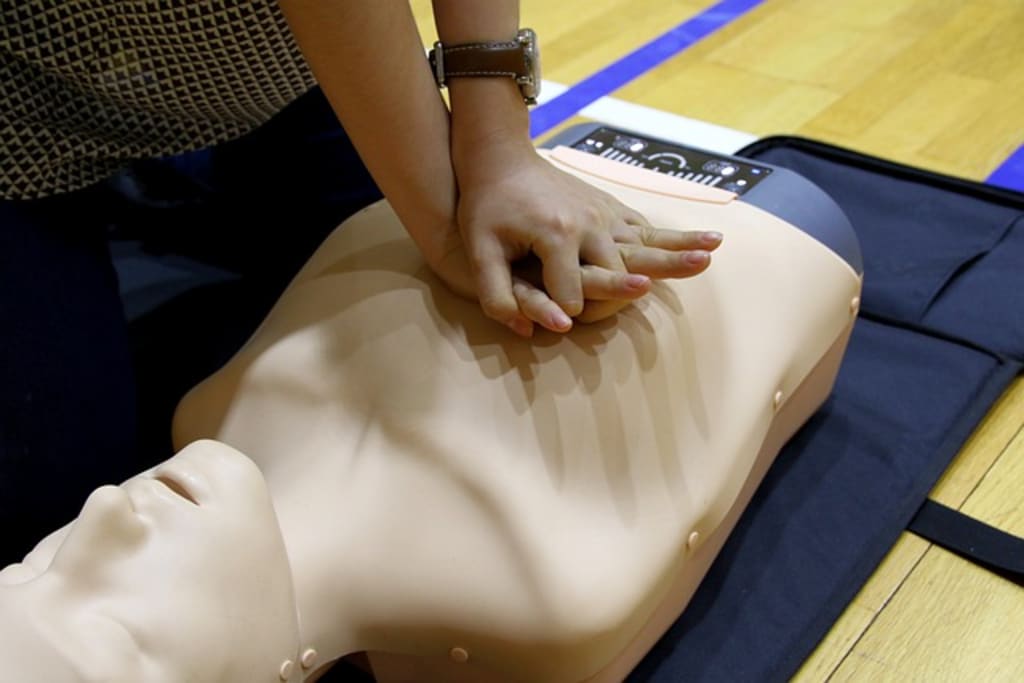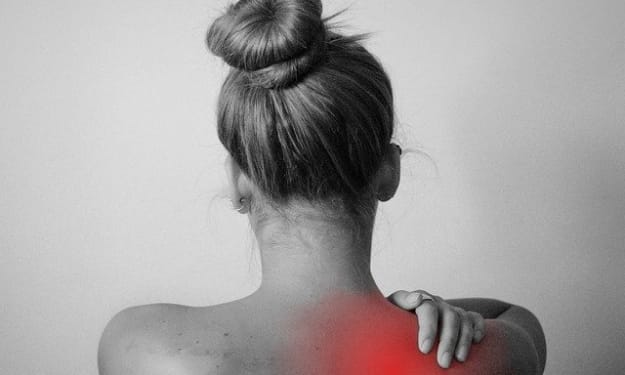5 Reasons Why CPR Certification is Important
You never think it could happen to you, or somebody you love, but the reality is there is always a risk of you, or someone you know, suddenly stop breathing during a cardiac incident.

Why You Should Become CPR Certified Today
The Prevalence of Death Due to Sudden Cardiac Arrest
You never think it could happen to you, or somebody you love, but the reality is there is always a risk of you, or someone you know, suddenly stop breathing during a cardiac incident. Close to 400,000 people experience a cardiac incident outside of a hospital reducing their chances of survival the longer they go without CPR, or any other life-saving treatment. Even if you have pristine heart health it is still possible to experience a cardiac incident in the home, work, or even the bus due to a severe allergic reaction, asthma attack, insulin shock, and any other chronic health condition that can affect your heart (Occupational Health and Safety, 2021). If you, are someone you know, is young, then it is important to know that those eighteen and younger make up one-fourth of the cardiac incidents in the United States. This is primarily because these youths suffer from an underlying heart condition that neither they nor their parents, knew they had. So, when a youth suddenly experiences a cardiac incident the chances of survival are small as less than ten percent of them survive (Kviklyte, 2020).
The amount of deaths caused by cardiac incidents doesn’t have to as high as it is now. With proper education, you can make a difference in reducing the chances of someone you know losing their life due to having a cardiac incident. Save the lives of those around you by becoming CPR certified.
The Benefits of Becoming CPR Certified
Most known for saving a life, CPR has several benefits that can improve your overall life in ways you may not expect. Below are the top five benefits of choosing to become CPR certified.
1. Increases Feelings of Safety
The first, and most important benefit of becoming CPR certified is that it increases the feeling of safety by those around you. Whether you are a parent, teacher, babysitter, or supervisor at a job by being CPR certified reassures those around you that they are safer with you around. For example, parents of children are more comfortable hiring babysitters that are certified in CPR and first-aid than those that aren’t. Employers take notice of potential new hires that are CPR certified as it could mean a reduction of work accidents or deaths. The same goes for supervisors who are CPR certified. Employees feel safer, and that their health is a concern to their employers when they know that their supervisors are prepared for emergencies by being CPR certified (Occupational Health and Safety, 2021).
2. Learn How to Stay Safe When Responding to an Emergency Situation
A lot of bystanders panic in an emergency, which isn’t good for anyone. This especially true for the person who is not breathing, or experiencing a cardiac incident. Becoming CPR certified can teach you how to respond to any emergency calmly, and responsibly. It also teaches you how to keep yourself safe while assisting in an emergency. It is ill-advised to ever put yourself at risk while attempting to address an emergency. When you become CPR certified you’re trained to be responsible, calm, and how to protect yourself while addressing any emergency (Kviklyte, 2020).
3. Decrease of Workplace Accidents and Deaths
As mentioned earlier, when a person chooses to become CPR certified this could lead to a reduction in workplace accidents and deaths. Every year there are over 5,000 deaths caused by injuries at work. Even if only you, and a few of your coworkers, are certified it can still make a difference. You can save the life of a coworker, supervisor, or even your employer. If you are an employer of a small business or a supervisor, then being CPR certified is good for the business as it can reduce the cost of money a business has to pay out for medical bills or lawsuits due to a workplace injury. You will be more conscious about the safety of your employees, or subordinates, with more respect for the safety protocols that have been put into place. (Occupational Health and Safety, 2021).
4. Reduces the chance of Permanent Damage
Every second count when a person either suddenly stops breathing, or is experiencing a cardiac incident. The best thing for a person experiencing a cardiac incident is to receive CPR as soon as possible. When CPR is administered right away it improves their overall chances of survival, ensures that they are still alive when an emergency service arrives and increases their recovery time from the cardiac incident. When an emergency occurs it often triggers the bystander effect where no one does anything because of the assumption that someone else will. Don’t be part of the group! It only takes four minutes for someone experiencing a cardiac incident to have brain damage, and after seven minutes that damage can become permanent. You can prevent this from happening to anyone you care about by becoming CPR certified, and acting in an emergency (Occupational Health and Safety, 2021). It would also make a more significant difference if you also opt to receive AED training. Some CPR classes also offer AED training where you can learn how to use an external defibrillator that is accessible in work offices, and public spaces, in case of an emergency.
5. You Can Save a Life
Lastly, being CPR certified gives you the ability to save a life. On any given day roughly 1,000 people experience a cardiac incident in the US, and no more than ten percent of them survive. This can easily be attributed to the majority of the American public does not know how to perform CPR. Even still, those that do know CPR may fall subject to the bystander effect resulting in them not taking action during an emergency. Don’t put the life of someone you love in someone else’s hands. Of all the people that experience a cardiac incident only a third of them receive CPR from a bystander. Obtain the knowledge to save the life of someone you love yourself, instead of relying on the help of a bystander, by becoming CPR certified (Occupational Health and Safety, 2021)( Zarrilli, 2017).





Comments
There are no comments for this story
Be the first to respond and start the conversation.